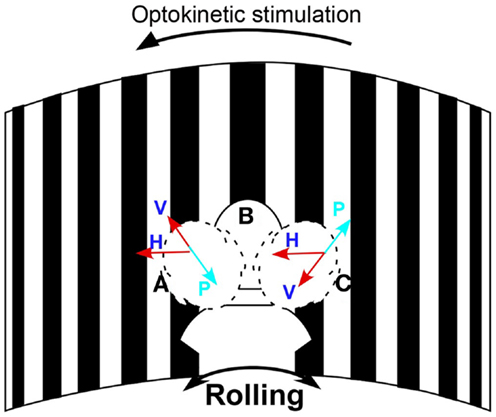Esther12
Senior Member (Voting Rights)
I wasn't planning to post this, and was only skimming through, but was blown away by the combination of confidence and low quality evidence in this new piece and thought it could be of interest to others (@Woolie ?).
http://pn.bmj.com.sci-hub.tw/content/early/2017/12/09/practneurol-2017-001809
Persistent postural-perceptual dizziness (PPPD) is a newly defined diagnostic syndrome that unifies key features of chronic subjective dizziness, phobic postural vertigo and related disorders. It describes a common chronic dysfunction of the vestibular system and brain that produces persistent dizziness, non-spinning vertigo and/ or unsteadiness. The disorder constitutes a long-term maladaptation to a neuro-otological, medical or psychological event that triggered vestibular symptoms, and is usefully considered within the spectrum of other functional neurological disorders. While diagnostic tests and conventional imaging usually remain negative, patients with PPPD present in a characteristic way that maps on to positive diagnostic criteria. Patients often develop secondary functional gait disorder, anxiety, avoidance behaviour and severe disability. Once recognised, PPPD can be managed with effective communication and tailored treatment strategies, including specialised physical therapy (vestibular rehabilitation), serotonergic medications and cognitive-behavioural therapy.
http://pn.bmj.com.sci-hub.tw/content/early/2017/12/09/practneurol-2017-001809

